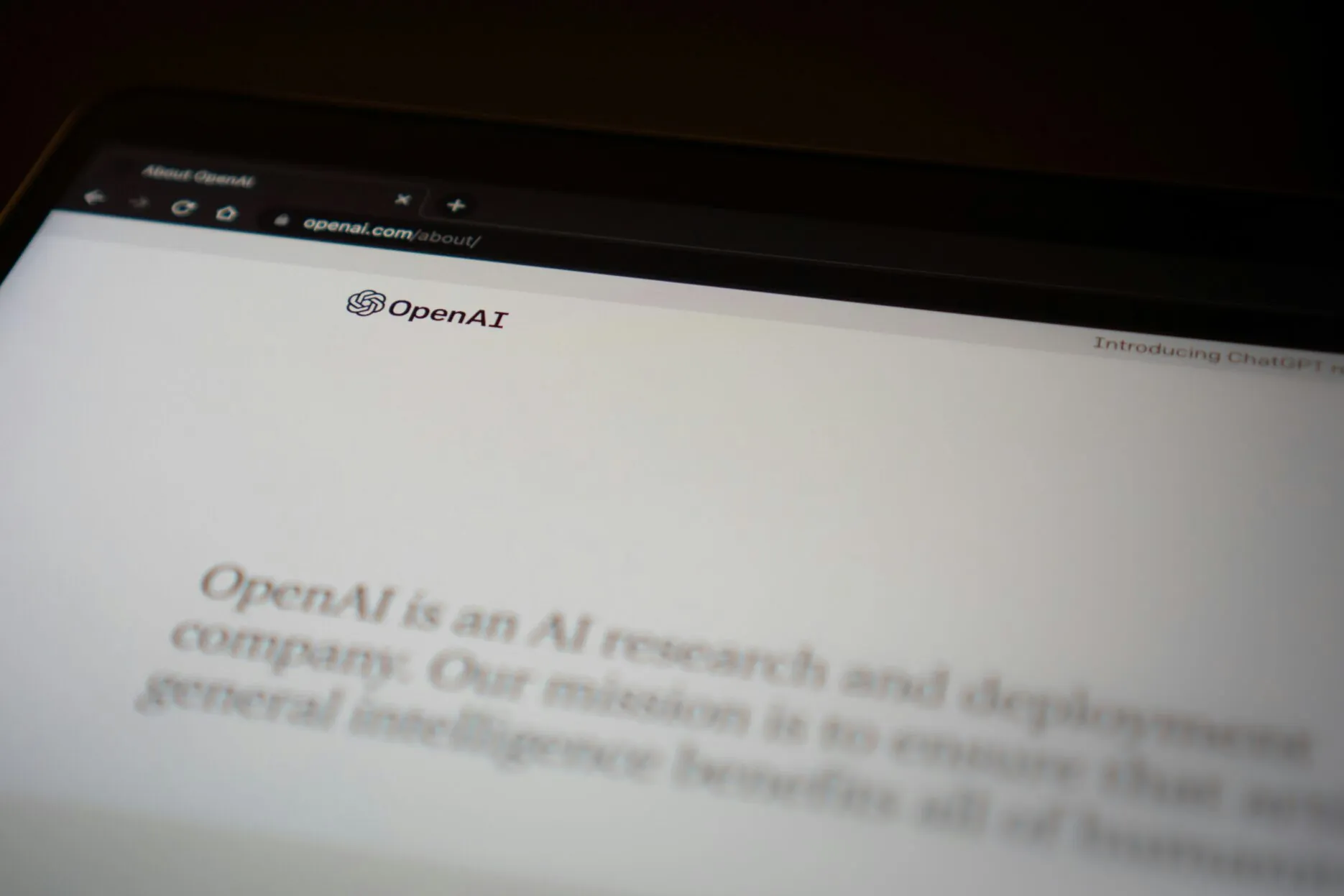On 25 June, Chinese companies that had incorporated OpenAI received alarming news. “Our data shows that your organisation is receiving API traffic from regions that OpenAI does not currently support,” OpenAI said in an official email. “Starting from 9 July, OpenAI will start filtering API traffic from unsupported nations and regions”, the email continued. OpenAI’s API is reportedly accessible in 161 countries and regions at present with China now being an exception. The move is essentially being declared as the termination of its API offerings in the country.
Firstly, what is an API? According to Amazon, “APIs are mechanisms that enable two software components to communicate with each other using a set of definitions and protocols. For example, the weather bureau’s software system contains daily weather data. The weather app on your phone “talks” to this system via APIs and shows you daily weather updates on your phone.”
OpenAI started providing API services in March 2023, therefore users could access GPT-4o among other models. Before then, OpenAI’s ChatGPT used to have severe limitations that limited users in restricted areas from registering. However, OpenAI’s API tools were less controlled, which encouraged developers to utilise the OpenAI API and offer services, producing significant models or AI apps.
Several recent events may have contributed to OpenAI’s sudden cancellation of API services to specific areas. Retired U.S. Army General Paul M. Nakasone, a top cybersecurity and worldwide cyber defense expert, joined OpenAI on 13 June. Paul was the Director of the National Security Agency and significantly helped to establish the U.S. Cyber Command. He joined OpenAI to review important security and safety concerns for all OpenAI projects and activities.
Moreover, on 22 June, the U.S. Treasury Department released a draft rule suggesting control of some investments in semiconductors, microelectronics, quantum computing, and artificial intelligence. The regulation also proposed to prohibit Chinese investments in artificial intelligence and other technologies. The action of OpenAI is seen as a reaction to a combination of factors including data security and legal compliance.
OpenAI’s API services ending in China will have a significant impact. On one hand, it will severely affect businesses depending on OpenAI’s Large Language Model (LLM), maybe eradicating those without core technology and competitive strength should they fail to find other solutions. On the other hand, it will force Chinese AI firms to speed up their independent research and development and support more startups choosing local models to prevent future risks.
Following the announcement, Chinese domestic large model vendors quickly moved to grab OpenAI’s market share by announcing user migration programmes. To let users migrate to a domestic LLM, Zhipu AI revealed “a special moving plan for OpenAI API users”. Zhipu will specifically give developers 150 million tokens as well as a set of migration seminars from OpenAI to GLM. With the flagship Wenxin model available for free for the first time, Baidu Cloud Qianfan presented an LLM universal plan offering free usage, training, and migration services for newly registered enterprise users. Aliyun also claimed that it would provide 22 million free tokens and exclusive migration tools for Chinese developers, offering the most affordable LLM alternative.
OpenAI has many other values, especially in reasoning and data processing, which is difficult to replicate locally. Though OpenAI has stopped providing API services in China, it’s unclear if business users might still subtly make use of OpenAI’s technical support via the Microsoft Azure platform.









